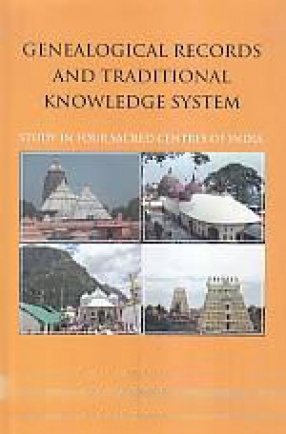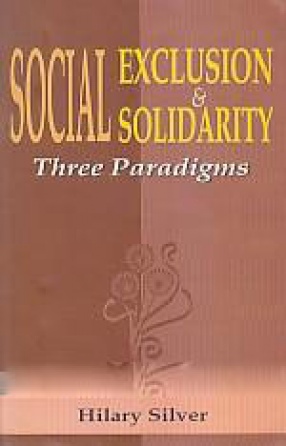The constitution of India has established a parliamentary form of governance in the country. But the governmental system, as established by law has undergone radical changes with the passage of time, particularly after the collapse of one party rule at the centre and in a number of states. In the process of change a series of new trends have emerged in Indian politics. The electoral history of India since 1952 depicts upset wins and shocking defeats, but the dramatic results in the 1991, 1996 and 1998 elections went on to change the course of Indian polity. The 1998 elections mark a watershed in the history of democratic experiment in the country with the diversity and pluralism, which has tightened its hold on India’s political process. But the rise of regional parties should not be viewed as a reason for worry, but it should be considered as a symbol of vibrancy of Indian democracy. Moreover, the Indian political system has developed enough maturity and resilience to cope with a fair amount of instability and internal conflict. This volume is an indepth study of the interplay of the shifting paradigms of Indian polity. The covers some of the key aspects of Indian government and politics, which confront our polity – viz, electoral politics, electoral behaviour, electoral reforms, women’s participation, lokpal, urban local governance, rural planning process, people’s participation, Gandhian ideals of decentralisation, National Agenda for Governance etc. The volume will provide sound academic atmosphere for all those who are genuinely interested studying contemporary problems being faced by the national politics of India.

Parliamentary Democracy And Political Change In India
In stock
Free & Quick Delivery Worldwide
reviews
Bibliographic information
Title
Parliamentary Democracy And Political Change In India
Author
Edition
1st. Ed.
Publisher
ISBN
8173912831
Length
339p., Appendix; Index; 23cm
Subjects




There are no reviews yet.